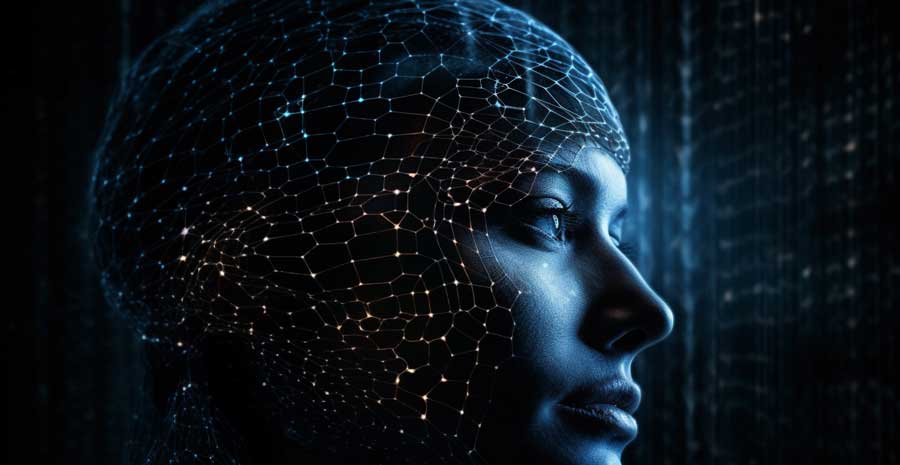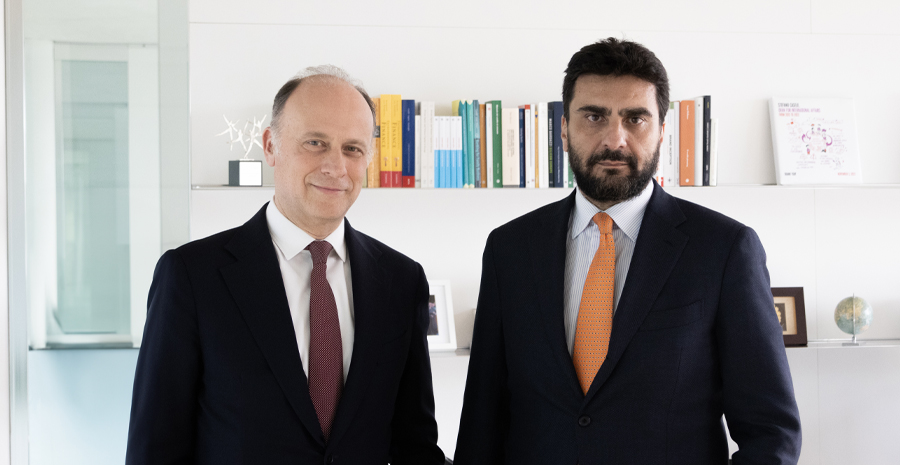Artificial intelligence is no longer a frontier: it’s a living force transforming how we work, learn and lead. At Bocconi Homecoming 2025, three sessions in particular offered a cross-sector view of this transformation, from enterprise and policy to healthcare and managerial practice, highlighting a common theme: the need to govern technology without losing the human perspective.
AI and business: is there still room for the human?
In the panel “Future Talk | AI and Business”, Diego Piacentini, Investor, Advisor and former Executive at Apple and Amazon, joined Gianmario Verona, Professor of Innovation Management & Chairman of Fondazione Human Technopole, to explore the profound shifts AI is bringing to every industry.
Piacentini called this “the golden age of technology”, one where AI acts as an orchestrator across sectors, compressing decades of innovation into months. Yet both speakers agreed that progress must be guided by human creativity, ethics and policy. As Verona remarked, “the challenge is not only technological, but organizational: innovation must start at the top.” Piacentini added that Europe’s role in this new landscape depends on its ability to align regulation with progress “to act together, or risk fragmentation.”
AI for health: unlocking innovation and competitiveness
In the session titled “Future Talk | AI for Health”, Monica Otto, Associate Professor of Practice in the Government, Health and Not-for-Profit Area & Director of Executive Education in Health, Government and Non-Profit, and Riccardo Zecchina, Full Professor in the Department of Computing Sciences, discussed how AI is revolutionizing healthcare, from diagnosis to drug discovery.
Otto described AI as both a booster for Europe’s health technology industry and a tool to make systems more sustainable and efficient, particularly within a highly regulated environment where decision-making is distributed across multiple levels of government. Zecchina underlined how AI’s progress, from deep learning to generative models, is already improving early detection and scientific research, while warning that Europe must develop a shared strategy “for health and for AI itself.”
A special mention went to Professor Elio Borgonovi, founder of CERGAS (Centre for Research on Health and Social Care Management), Emeritus Professor of Economics and Management of Public Administration at Bocconi University and former Dean of SDA Bocconi, whose presence in the audience was a reminder that if the School plays a leading role in healthcare today, it is also thanks to the foundations he helped build.
AI in managerial decision-making: a new paradigm of leadership
Bringing the series of talks on AI to a close, Alfonso Gambardella, Full Professor in the Department of Management and Technology, led a masterclass exploring how artificial intelligence is transforming decision-making in organizations, from performance management to talent development.
AI, he explained, doesn’t replace human judgement; it amplifies it. By offering new analytical depth and predictive accuracy, it enables managers to act faster and smarter, but its true value lies in freeing time and energy for creativity, empathy and strategy. In Gambardella’s words: “AI will be part of every decision, but it cannot decide what truly matters: that remains the role of leaders.”
Human intelligence, still at the center
If there was one idea uniting all three sessions, it was that progress begins and ends with people. Artificial intelligence can accelerate discovery, optimize processes and transform organizations, but only when it’s guided by human creativity, empathy and responsibility. At SDA Bocconi, this balance defines the very meaning of innovation: technology as an ally, not a substitute, and leadership as the ability to turn knowledge into purpose. Because in the end, it is human intelligence that gives direction to every algorithm and meaning to every technological advance.
SDA Bocconi School of Management






